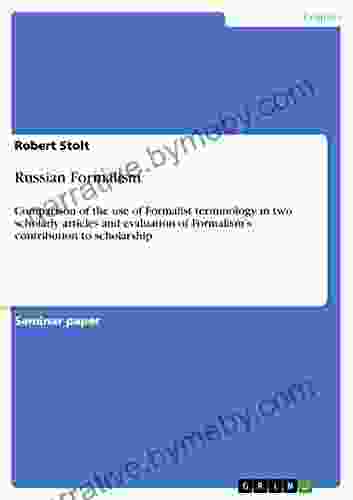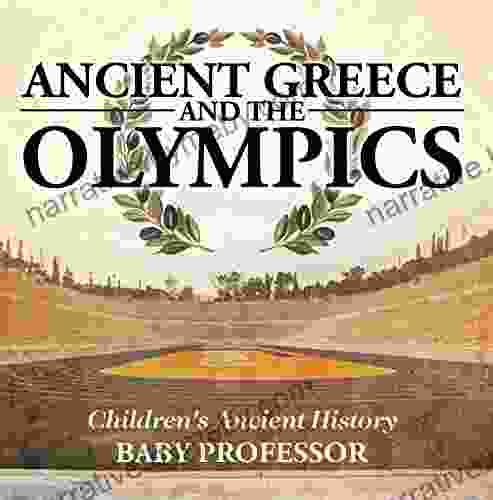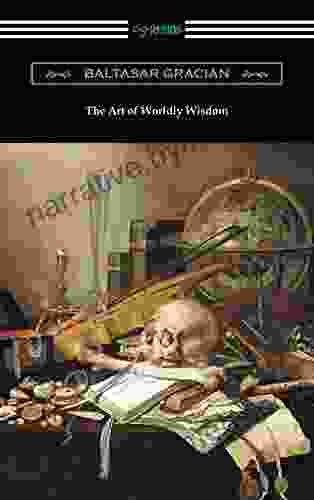A Comparative Analysis of Formalist Terminology in Two Scholarly Articles

Formalism is a school of literary criticism that emerged in Russia in the early 20th century. Formalists argue that the primary object of literary study is the literary work itself, and that the work should be analyzed in terms of its own formal elements, such as its structure, language, and imagery.
5 out of 5
| Language | : | English |
| File size | : | 752 KB |
| Text-to-Speech | : | Enabled |
| Screen Reader | : | Supported |
| Enhanced typesetting | : | Enabled |
| Word Wise | : | Enabled |
| Print length | : | 16 pages |
Two of the most important formalist critics were Victor Shklovsky and Boris Eichenbaum. Shklovsky's essay "The Formalist Method in Literary Criticism" is considered to be one of the founding manifestos of formalism. Eichenbaum's essay "The Formalist School of Literary Criticism" provides a more comprehensive overview of the formalist movement.
In this essay, I will compare the use of formalist terminology in these two articles. I will identify the key terms that each critic uses, and I will discuss the different ways in which they define and use these terms.
Key Terms
The following are some of the key terms that Shklovsky and Eichenbaum use in their essays:
* Form: Shklovsky defines form as "the sum of all the devices that serve to make the material of the work prominent." Eichenbaum defines form as "the organization of the work's elements." * Device: Shklovsky defines a device as "any element of the work that is used to make the material of the work prominent." Eichenbaum does not define the term "device," but he uses it to refer to a wide range of literary techniques, such as metaphor, simile, and irony. * Function: Shklovsky defines function as "the purpose of a device." Eichenbaum defines function as "the way in which a device contributes to the overall structure of the work." * Material: Shklovsky defines material as "the raw material of the work." Eichenbaum defines material as "the content of the work."
Comparison of Terminology
Shklovsky and Eichenbaum use many of the same key terms in their essays, but they often define and use these terms in different ways.
For example, Shklovsky defines form as "the sum of all the devices that serve to make the material of the work prominent." Eichenbaum, on the other hand, defines form as "the organization of the work's elements." This difference in definition reflects the different ways in which Shklovsky and Eichenbaum view the relationship between form and content. Shklovsky sees form as something that is imposed on the material of the work, while Eichenbaum sees form as something that is inherent in the work itself.
Another example of the different ways in which Shklovsky and Eichenbaum use formalist terminology is their use of the term "device." Shklovsky defines a device as "any element of the work that is used to make the material of the work prominent." Eichenbaum, on the other hand, does not define the term "device," but he uses it to refer to a wide range of literary techniques, such as metaphor, simile, and irony. This difference in usage reflects the different ways in which Shklovsky and Eichenbaum view the role of literary devices. Shklovsky sees devices as something that is used to make the material of the work prominent, while Eichenbaum sees devices as something that is used to create the overall structure of the work.
Shklovsky and Eichenbaum's use of formalist terminology is a reflection of the different ways in which they view the nature of literary texts. Shklovsky sees literary texts as something that is made up of a series of devices that are used to make the material of the work prominent. Eichenbaum, on the other hand, sees literary texts as something that is organized into a series of elements that are used to create the overall structure of the work.
5 out of 5
| Language | : | English |
| File size | : | 752 KB |
| Text-to-Speech | : | Enabled |
| Screen Reader | : | Supported |
| Enhanced typesetting | : | Enabled |
| Word Wise | : | Enabled |
| Print length | : | 16 pages |
Do you want to contribute by writing guest posts on this blog?
Please contact us and send us a resume of previous articles that you have written.
 Book
Book Novel
Novel Page
Page Chapter
Chapter Text
Text Story
Story Genre
Genre Reader
Reader Library
Library Paperback
Paperback E-book
E-book Magazine
Magazine Newspaper
Newspaper Paragraph
Paragraph Sentence
Sentence Bookmark
Bookmark Shelf
Shelf Glossary
Glossary Bibliography
Bibliography Foreword
Foreword Preface
Preface Synopsis
Synopsis Annotation
Annotation Footnote
Footnote Manuscript
Manuscript Scroll
Scroll Codex
Codex Tome
Tome Bestseller
Bestseller Classics
Classics Library card
Library card Narrative
Narrative Biography
Biography Autobiography
Autobiography Memoir
Memoir Reference
Reference Encyclopedia
Encyclopedia Avi
Avi Barbara Ann Kipfer
Barbara Ann Kipfer Aurora Biancospino
Aurora Biancospino Aruna Krishnan
Aruna Krishnan Barry Michael Broman
Barry Michael Broman Barry Pickthall
Barry Pickthall Audry Nicklin
Audry Nicklin Augustus Numley
Augustus Numley Barry W Holtz
Barry W Holtz Ashley Fiolek
Ashley Fiolek Ashley Brantley
Ashley Brantley B K Chu
B K Chu Brandon P Fleming
Brandon P Fleming Barbara Berezowski
Barbara Berezowski Graham Swift
Graham Swift Occupytheweb
Occupytheweb Hans Scholl
Hans Scholl Susan Lynn Peterson
Susan Lynn Peterson Beata Noemi Balint
Beata Noemi Balint Brooke Dojny
Brooke Dojny
Light bulbAdvertise smarter! Our strategic ad space ensures maximum exposure. Reserve your spot today!
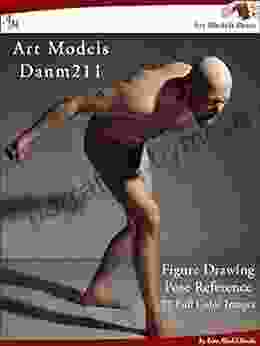
 Juan RulfoUnlock Your Artistic Potential with "Figure Drawing Pose Reference Art Models...
Juan RulfoUnlock Your Artistic Potential with "Figure Drawing Pose Reference Art Models...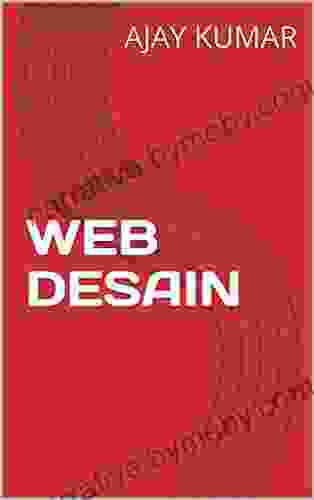
 Foster HayesUnveiling the Secrets of Web Design: A Beginner's Guide with 'Web Desain Baby...
Foster HayesUnveiling the Secrets of Web Design: A Beginner's Guide with 'Web Desain Baby...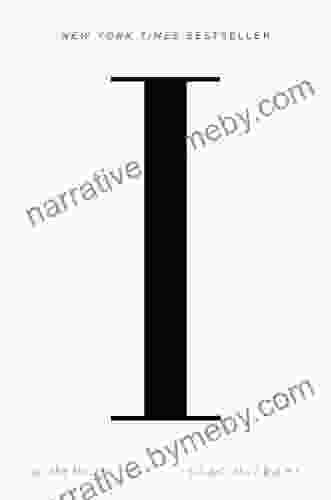
 Gordon CoxUnveiling the Extraordinary Life and Creative Genius of Isaac Mizrahi: A Book...
Gordon CoxUnveiling the Extraordinary Life and Creative Genius of Isaac Mizrahi: A Book... Javier BellFollow ·13.1k
Javier BellFollow ·13.1k Wesley ReedFollow ·14k
Wesley ReedFollow ·14k Leo TolstoyFollow ·17.7k
Leo TolstoyFollow ·17.7k Aaron BrooksFollow ·15.9k
Aaron BrooksFollow ·15.9k Anton ChekhovFollow ·8.2k
Anton ChekhovFollow ·8.2k Greg CoxFollow ·18.7k
Greg CoxFollow ·18.7k Duncan CoxFollow ·18.2k
Duncan CoxFollow ·18.2k Nathan ReedFollow ·3.6k
Nathan ReedFollow ·3.6k
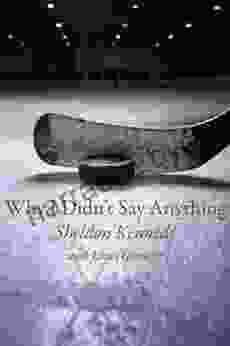
 Ian McEwan
Ian McEwanWhy Didn't Anyone Say Anything? Uncovering the Hidden...
By [Author's...
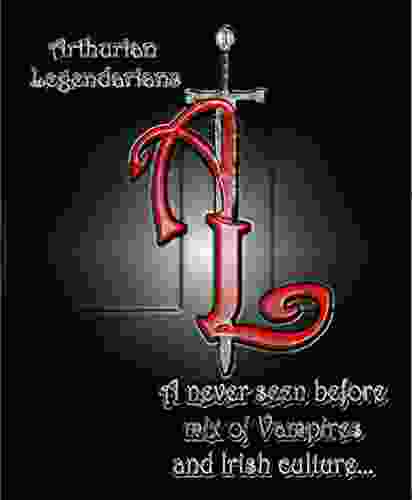
 William Wordsworth
William WordsworthArthurian Legendarians: Faithless One - Part One – A...
In the realm of legendary tales, the...
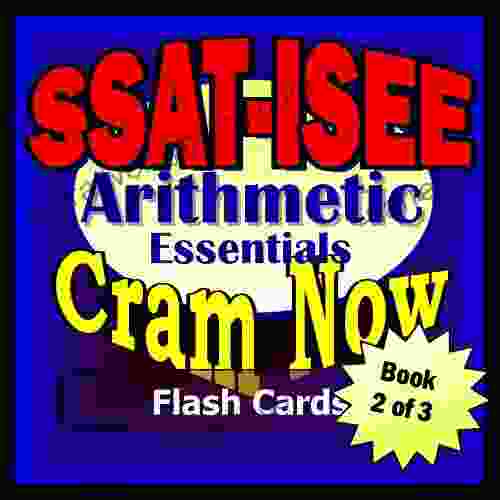
 Corey Hayes
Corey HayesSSAT ISEE Prep Test: Arithmetic Review Flash Cards Cram...
Are you preparing for the SSAT or ISEE exam?...
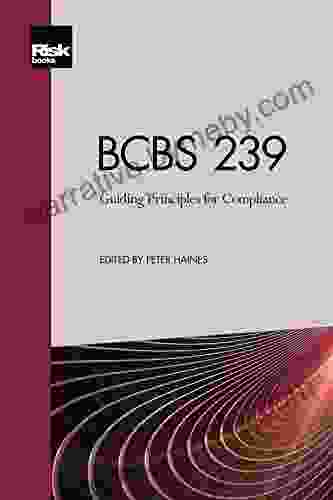
 Robert Louis Stevenson
Robert Louis StevensonUnveiling the Essential Guide to Compliance: BCBS 239...
In the ever-evolving...
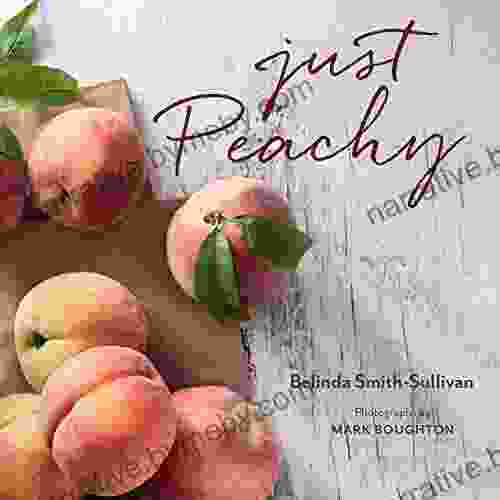
 Javier Bell
Javier BellJust Peachy: A Tale of Sweetness and Sassiness
Immerse yourself in a...
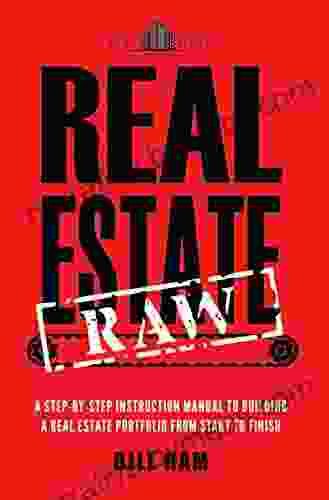
 Brent Foster
Brent FosterStep-by-Step Instruction Manual to Building a Real Estate...
Are you eager to embark on the...
5 out of 5
| Language | : | English |
| File size | : | 752 KB |
| Text-to-Speech | : | Enabled |
| Screen Reader | : | Supported |
| Enhanced typesetting | : | Enabled |
| Word Wise | : | Enabled |
| Print length | : | 16 pages |


